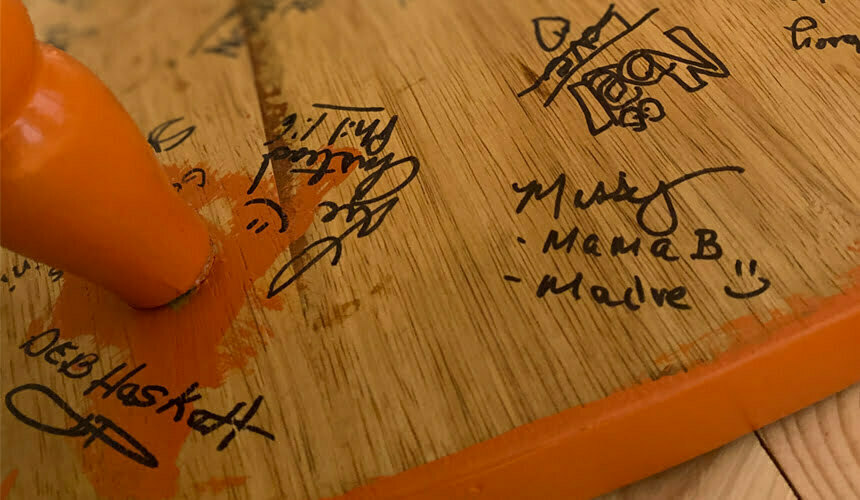

The Story of Terre Haute Friendship House: Part 3
In August of 2019, we officially moved into the Terre Haute Friendship House. With that, we began an adventure that has taken us on paths both expected and unexpected. We are experiencing huge wins with our residents. For some of them, it’s the first time they have a had a job, experienced independence by learning how to use the transit system, and they are learning new independent living skills each and every day. However, Friendship House doesn’t just impact those in the four walls of our house. It’s changing the culture of our church, our neighborhood, and the city of Terre Haute as we invite them into this adventure.
As a church, we have several individuals with disabilities who attend our services, and while we feel we have made great strides in including those with disabilities, we feel there’s still more we could do. Because of our Friendship House residents, our church is beginning to fully grasp what it means to include individuals with disabilities and give them opportunities to serve the congregation. In a few short months, our Friend Residents have served our congregation communion, participated in advent readings, and found teams to serve on each week. Our residents have become totally immersed in our church’s culture and they are changing the way our church sees disability. Friendship House has reignited opportunities to have conversations about inclusion in our church.
Our house is in a part of our town that sits at the intersection of a historical area with long term residents and rental houses that tend to experience some degree of turnover. Early on, someone questioned whether people would want to live next to Friendship House. It was a statement that seemed utterly ridiculous, but it did make us wonder what the response would be. And yet, we’ve seen many of our neighbors engage with our residents and the reaction has been overwhelmingly positive. Our neighbors have offered to be safe places to go in an emergency, brought us cookies at the holidays, and continue to foster relationships with our residents. As this summer approaches, we’ve decided to make Friendship House a hub for our hometown mission trip and begin to intentionally pour into our neighborhood. Without Friendship House, this opportunity wouldn’t have been on our radar.
As one of our opportunities for community outreach, we began hosting community meals through the semester. Every week in the Fall, we invited five people from the community to enjoy a meal with us and experience a small part of what life at Friendship House looks like. We were able to share the story of Friendship House, but even more importantly, all of our residents were able to get to know people from the community. After a guest eats at our table, we ask that they sign the bottom of our dining room chairs. For them, it’s a reminder of that they always have a place at our table. For our residents, it’s a reminder of the circle of people that are cheering them on.
Ephesians 3:20 (NLT) says, “Now all glory to God, who is able, through his mighty power at work within us, to accomplish infinitely more than we might ask or think.”
Maybe God isn’t calling you to start a Friendship House (if He is, FANTASTIC!), but I want you to think about your disability ministry with a wider lens than maybe you are already, so I am going to leave you with these two questions.
How might your church, neighborhood, and community be impacted by your disability ministry? How can you cast a vision for your disability ministry that includes a broader focus?

